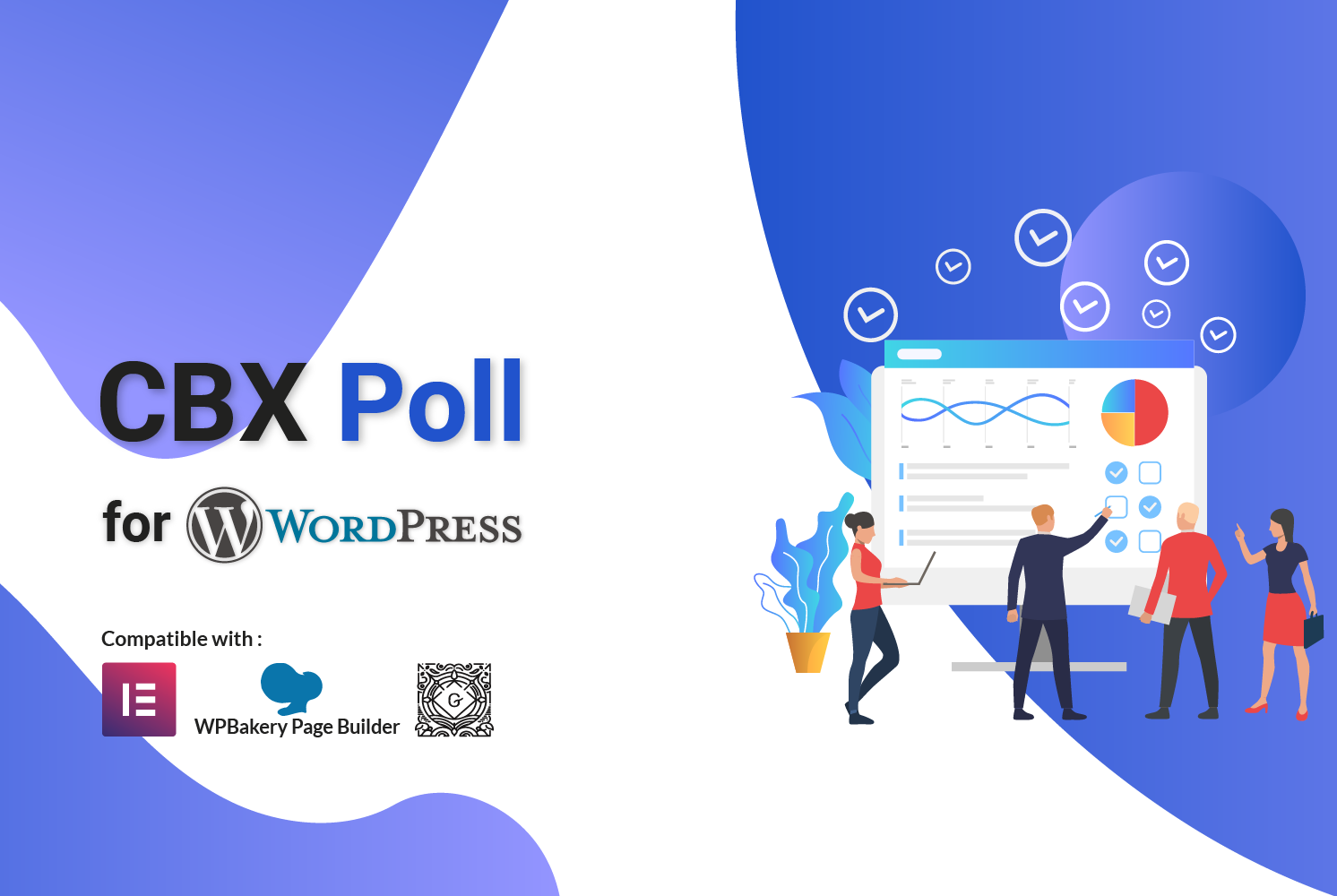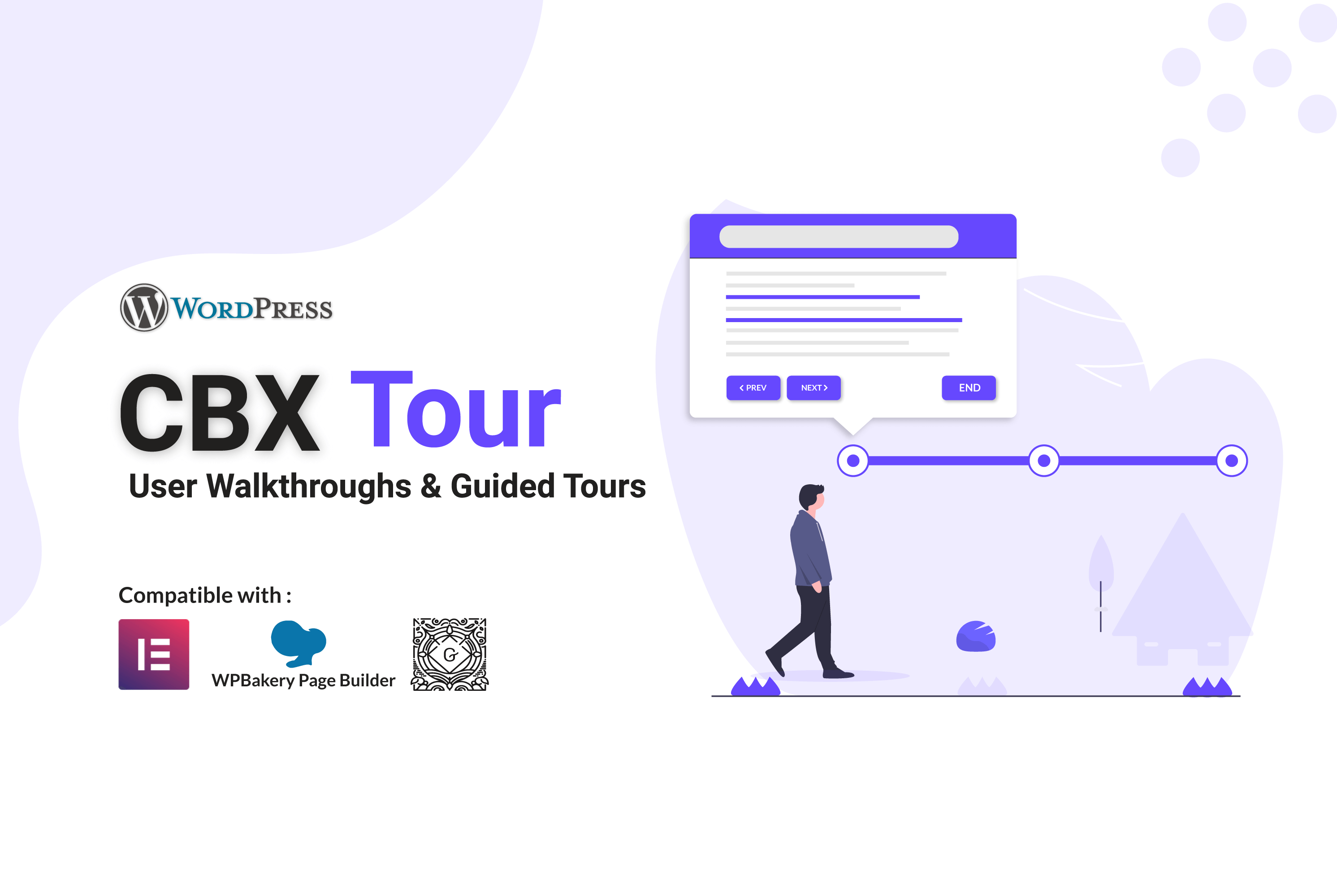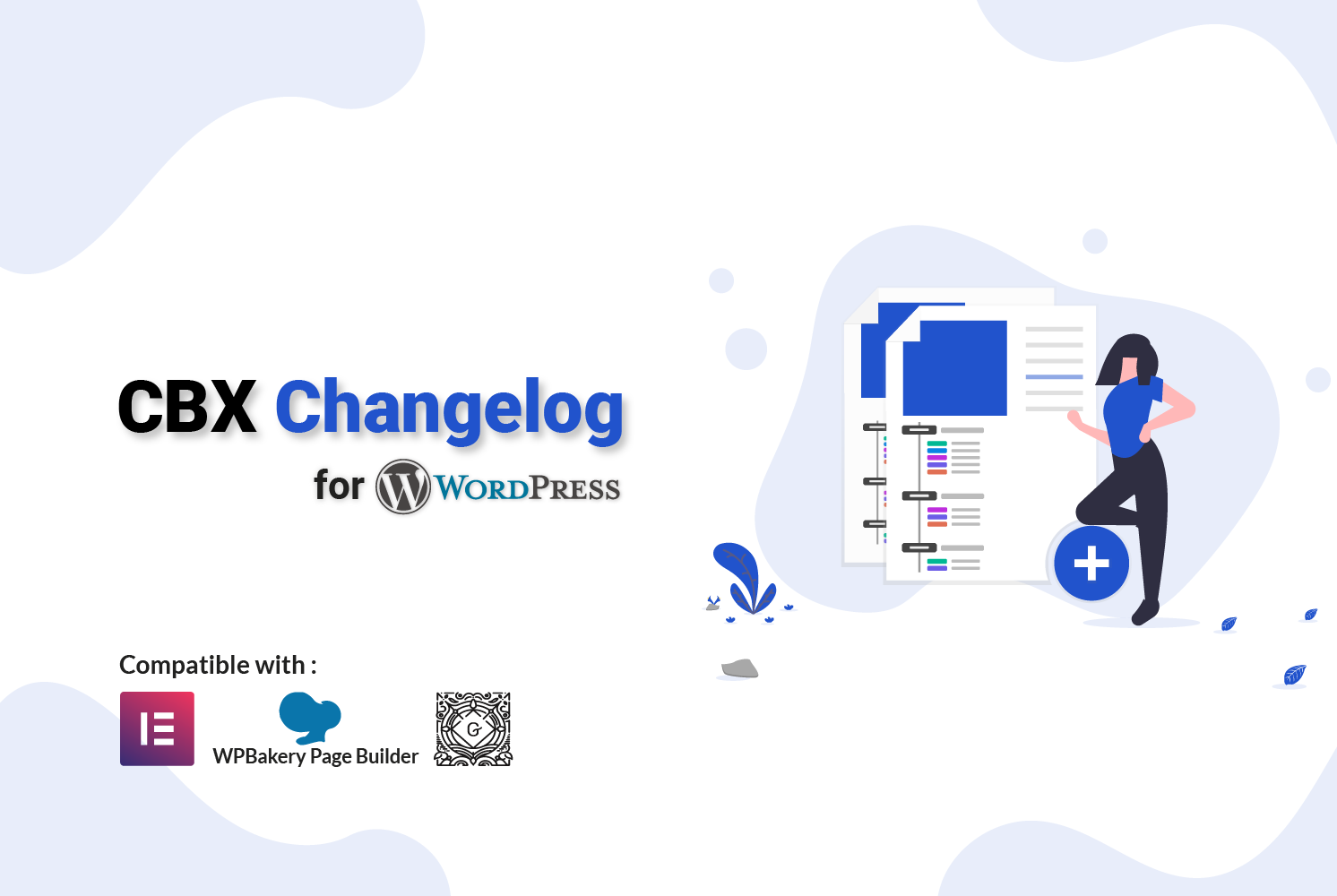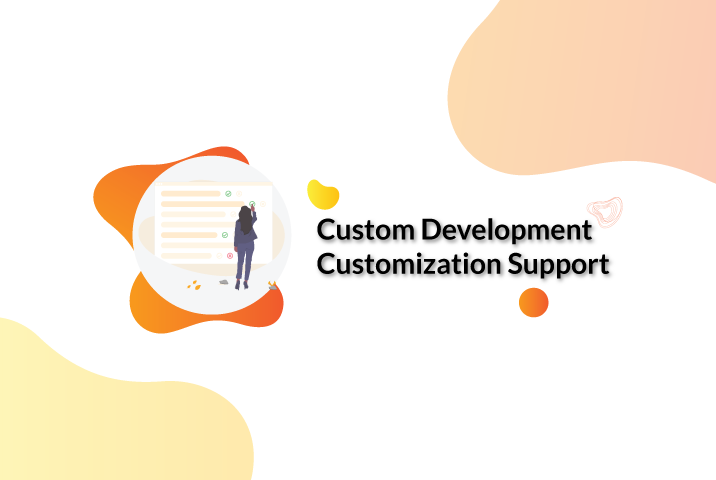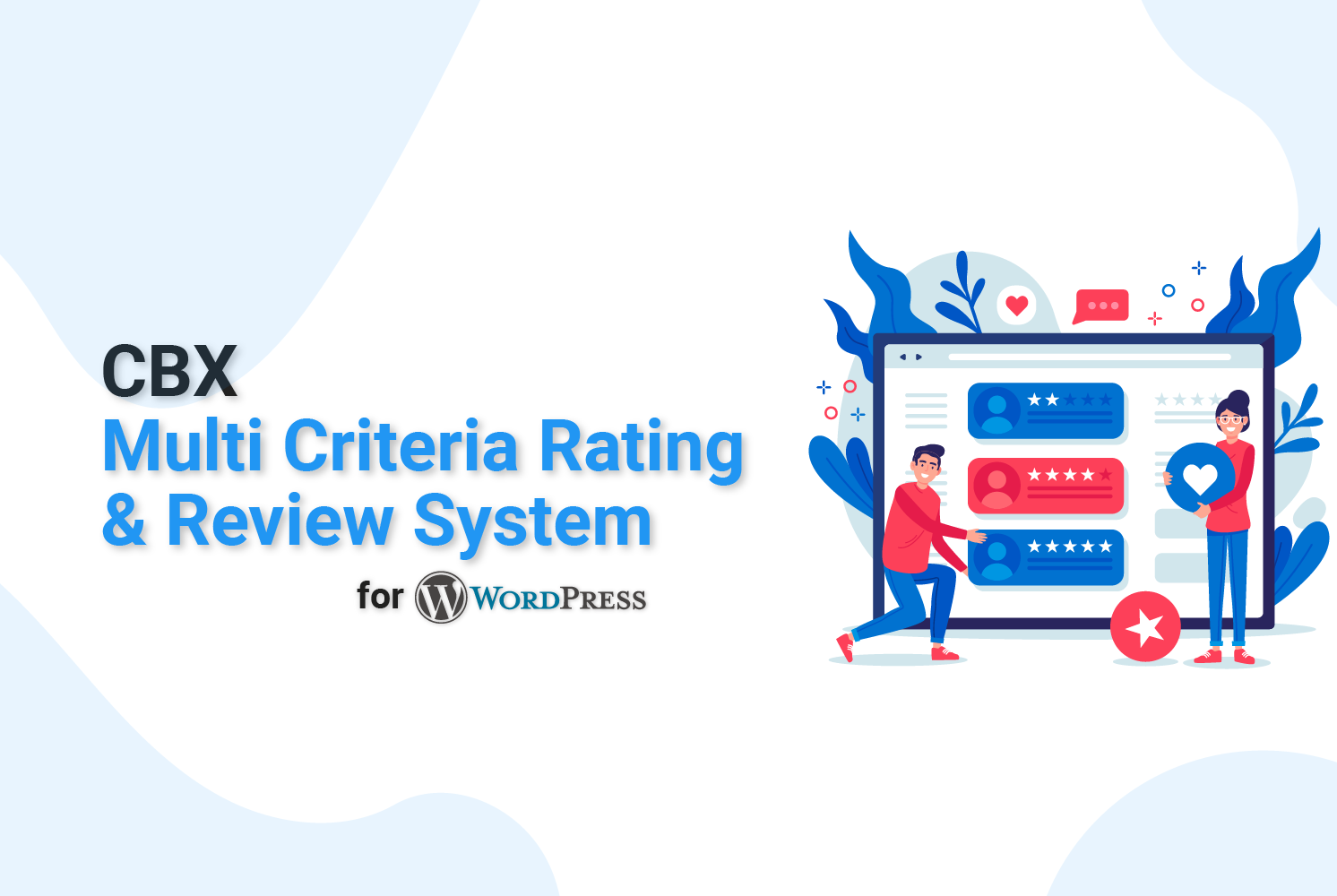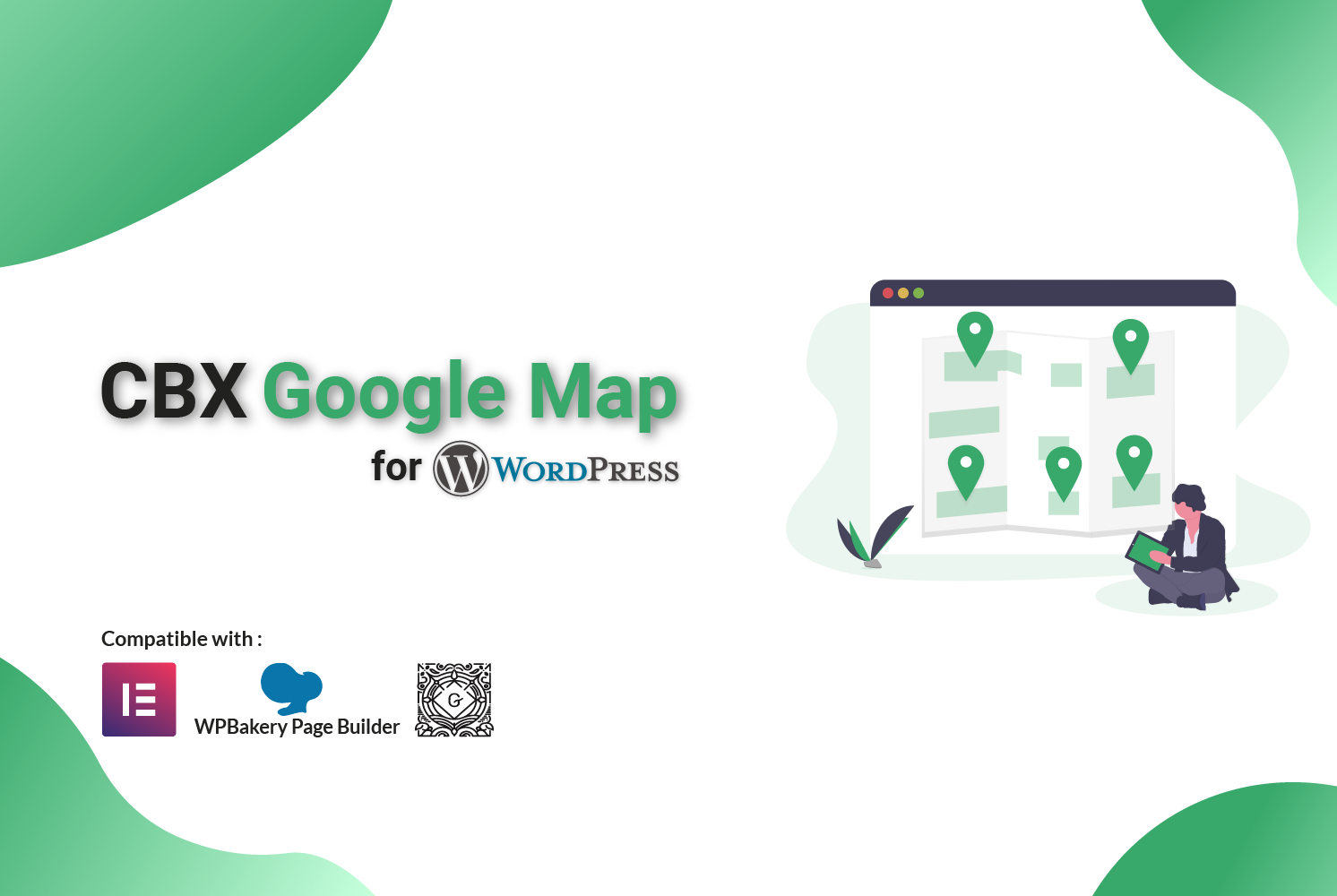The Rise of Quantum Computing: What It Means for Developers
TL;DR: Quantum computing introduces new computational models. Developers won’t instantly replace classical stacks, but they must learn quantum concepts, hybrid architectures, and quantum-safe practices to stay relevant.
1. What is Quantum Computing — Short Version
Quantum computing exploits quantum-mechanical phenomena such as superposition and entanglement to process information in ways classical computers cannot. Instead of bits, quantum computers use qubits, which can encode 0 and 1 simultaneously. This allows algorithms to explore many possibilities at once, yielding massive potential speedups for specific problems.
2. Why Developers Should Care
- New algorithmic possibilities: Certain problems, like integer factorization or optimization, have quantum algorithms that outperform classical methods.
- Hybrid systems: Early production systems will combine classical orchestration with quantum accelerators.
- Security implications: Quantum computers threaten many existing public-key systems, driving demand for quantum-safe cryptography.
- Tooling and libraries: As cloud-accessible quantum hardware grows, SDKs, simulators, and integration layers become vital developer tools.
3. Practical Impacts on Development
Architecture and System Design
Expect architectures where latency-tolerant, compute-heavy tasks are offloaded to quantum services, while the rest remains classical. Developers will design APIs treating quantum tasks as remote accelerators, much like GPUs or external ML services.
Testing and CI
Quantum programs are probabilistic; tests often assert statistical properties rather than deterministic results. Use simulators in CI and reserve hardware testing for integration phases.
Security
Inventory systems relying on RSA or ECC. Plan migration to quantum-safe cryptography (like lattice-based algorithms) and enable crypto-agility for future transitions.
4. Languages, Frameworks, and Tools to Watch
Several SDKs and frameworks are already popular among developers:
- Qiskit (IBM) — Python-first SDK with simulators and IBM hardware.
- Cirq (Google) — Python framework for near-term quantum devices.
- Pennylane — Bridges quantum computing and machine learning.
- Ocean / D-Wave — Focused on annealing and optimization problems.
- Braket (AWS) — Unified access to multiple hardware backends.
Tip: Start with simulators — they let you experiment without real hardware costs.
Example — A Tiny Qiskit Circuit
from qiskit import QuantumCircuit, Aer, execute
qc = QuantumCircuit(2, 2)
qc.h(0) # put qubit 0 into superposition
qc.cx(0, 1) # entangle qubit 0 and 1
qc.measure([0,1], [0,1])
backend = Aer.get_backend('qasm_simulator')
job = execute(qc, backend, shots=1024)
result = job.result()
print(result.get_counts()) # e.g., {'00': 512, '11': 512}
5. Developer Workflows in the Quantum Era
- Prototype locally: Build circuits and test them on simulators.
- Benchmark and profile: Estimate noise sensitivity and compute cost.
- Integrate hybridly: Write orchestration code that calls quantum APIs.
- Deploy with observability: Track results, shot variance, and retries.
6. Problems Quantum Computers Can Tackle
- Combinatorial optimization (supply chains, logistics)
- Quantum chemistry and materials discovery
- Machine learning (hybrid quantum-classical models)
- Cryptanalysis and post-quantum cryptography
7. Current Limitations and Timelines
Quantum hardware today is in the NISQ (Noisy Intermediate-Scale Quantum) era:
- Not every problem benefits — many remain classical.
- Fault-tolerant large-scale quantum computing is still years away.
- Progress is steady: better error rates, compilers, and qubit counts.
8. How Developers Can Get Started
- Learn the math foundations — linear algebra, probability, complex numbers.
- Understand quantum concepts: qubits, gates, superposition, entanglement.
- Pick a framework (Qiskit, Cirq) and build circuits.
- Experiment on cloud platforms like IBM Quantum or AWS Braket.
- Follow developments in quantum-safe cryptography.
9. Career & Industry Perspective
Quantum computing will become a developer specialization. Companies will need engineers who can:
- Bridge classical and quantum systems
- Implement hybrid algorithms
- Evaluate business use cases for quantum computing
10. Final Thoughts
Quantum computing won’t replace classical computing — it will complement it. Developers who grasp the fundamentals and start experimenting with SDKs now will be ahead of the curve when the technology matures.
Try your first quantum circuit today — your gateway to the next frontier of computation.
Need to build a Website or Application?
Since 2011, Codeboxr has been transforming client visions into powerful, user-friendly web experiences. We specialize in building bespoke web applications that drive growth and engagement.
Our deep expertise in modern technologies like Laravel and Flutter allows us to create robust, scalable solutions from the ground up. As WordPress veterans, we also excel at crafting high-performance websites and developing advanced custom plugins that extend functionality perfectly to your needs.
Let’s build the advanced web solution your business demands.

